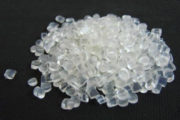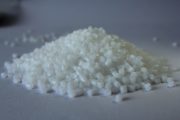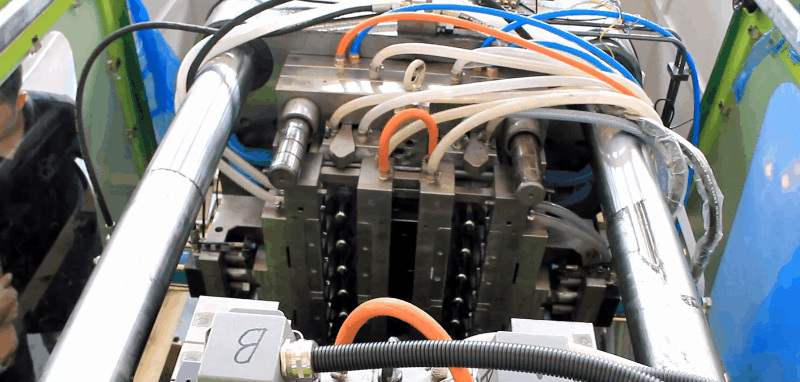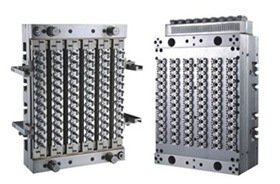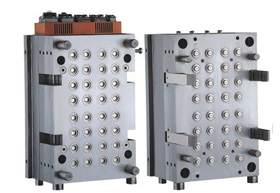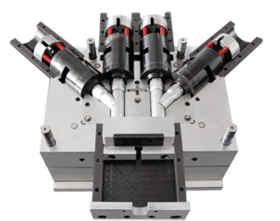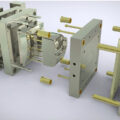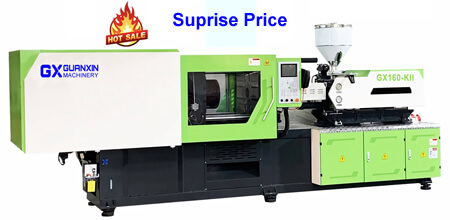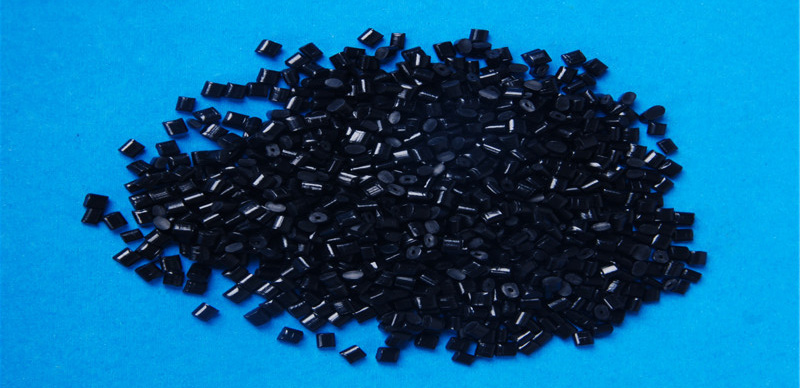
Polyphenylene ether blends (PPE or PPO) are engineering thermoplastics that exhibit resistance to high temperatures. Because of the high glass transition temperature, which is about 210°C, PPEs are often blended with other polymers to increase processability.
Typical Applications of Polyphenylene ether blends (PPE or PPO)
household appliances
– dishwasher
– washing machine
electrical applications
– control housings
– fiber-optic connectors
Plastic PPE Injection Molding Processing Conditions
| Conditions Name | Value |
|---|---|
| Drying | Recommend drying before molding for approximately 2–4 hours at 100°C [212°F]. PPEs have low levels of moisture absorption and can typically be molded as received. |
| Melt Temperature | 240°C–320°C [464°F–608°F]. Higher temperatures are for grades with higher levels of PPE. |
| Mold Temperature | 60°C–105°C [140°F–220°F] |
| Material Injection Pressure | 60–150 MPa |
Runners and Gates of PPE Injection Mold
All gates can be used; tab and fan gates are preferred
Chemical and Physical Properties of Polyphenylene ether blends (PPE or PPO)
PPO is poly(2,6 dimethyl p-phenylene) oxide. The ether linkages offer easier processibility. Copolymers are referred to as PPEs (Polyphenylene Ethers). Typically, the commercially available PPOs (or PPEs) are blended with other thermoplastic materials such as PS (or HIPS), Nylon, etc. These blends are still referred to as PPOs or PPEs.
The blends offer superior processibility compared to pure PPOs. Their viscosities are lower. A range of properties can be obtained depending on the ratios of PPO and PS. Blends with nylons (PA 6/6) offer improved chemical resistance and perform well at high temperatures. The water absorption is low and the molded products have excellent dimensional stability.
Blends with PS are amorphous whereas blends with Nylons are crystalline. The addition of glass fibers reduces shrinkage levels to 0.2%. These materials have excellent dielectric properties and a low coefficient of thermal expansion. The viscosity level depends on the ratio of the components in the blend; higher PPO levels increase the viscosity.
